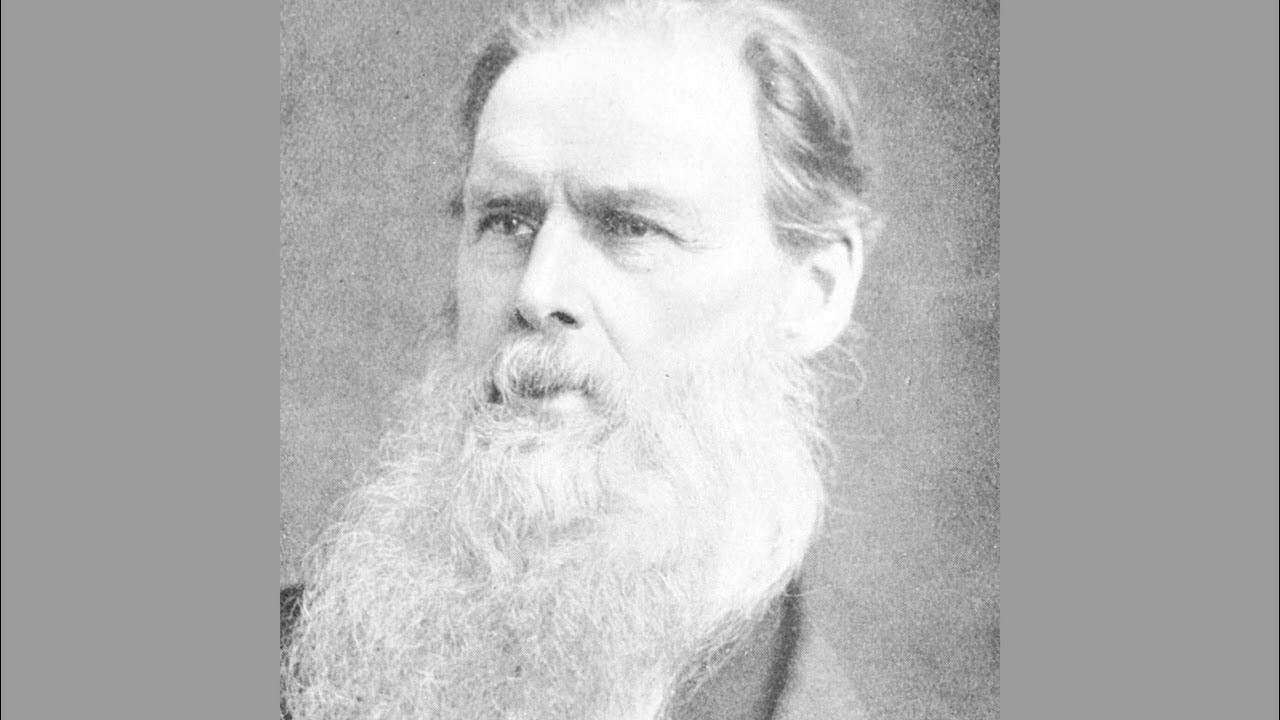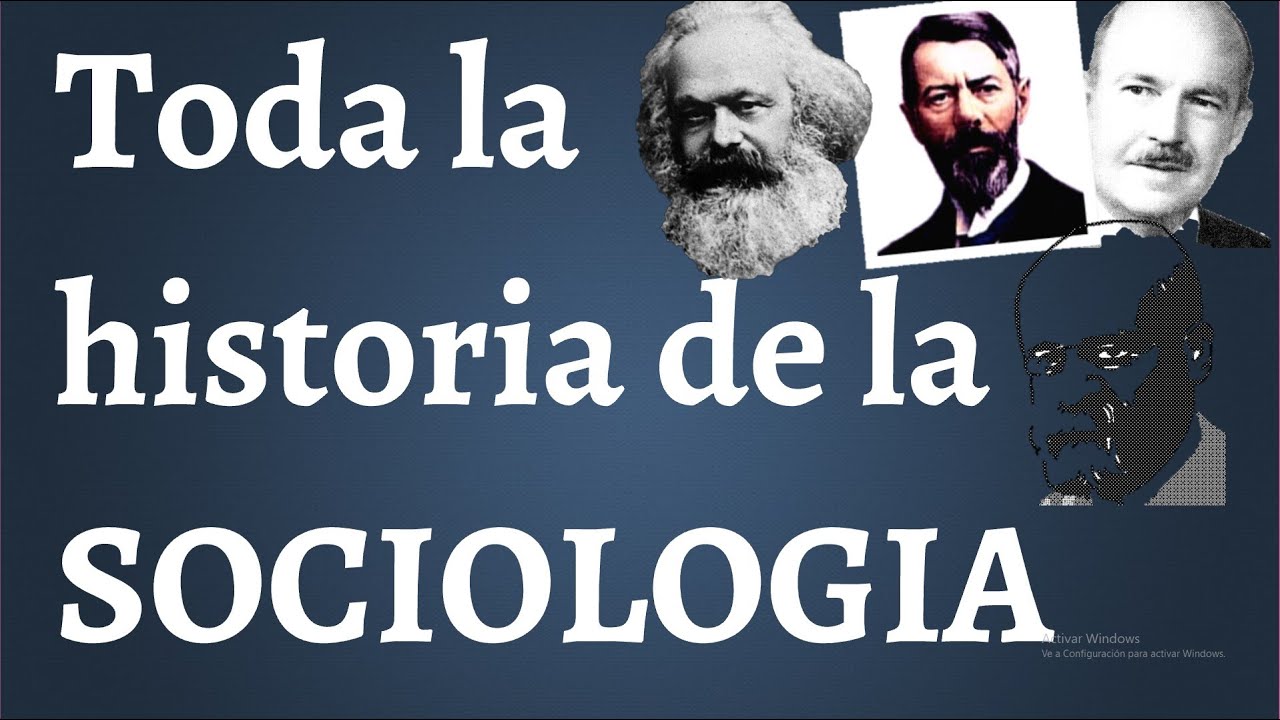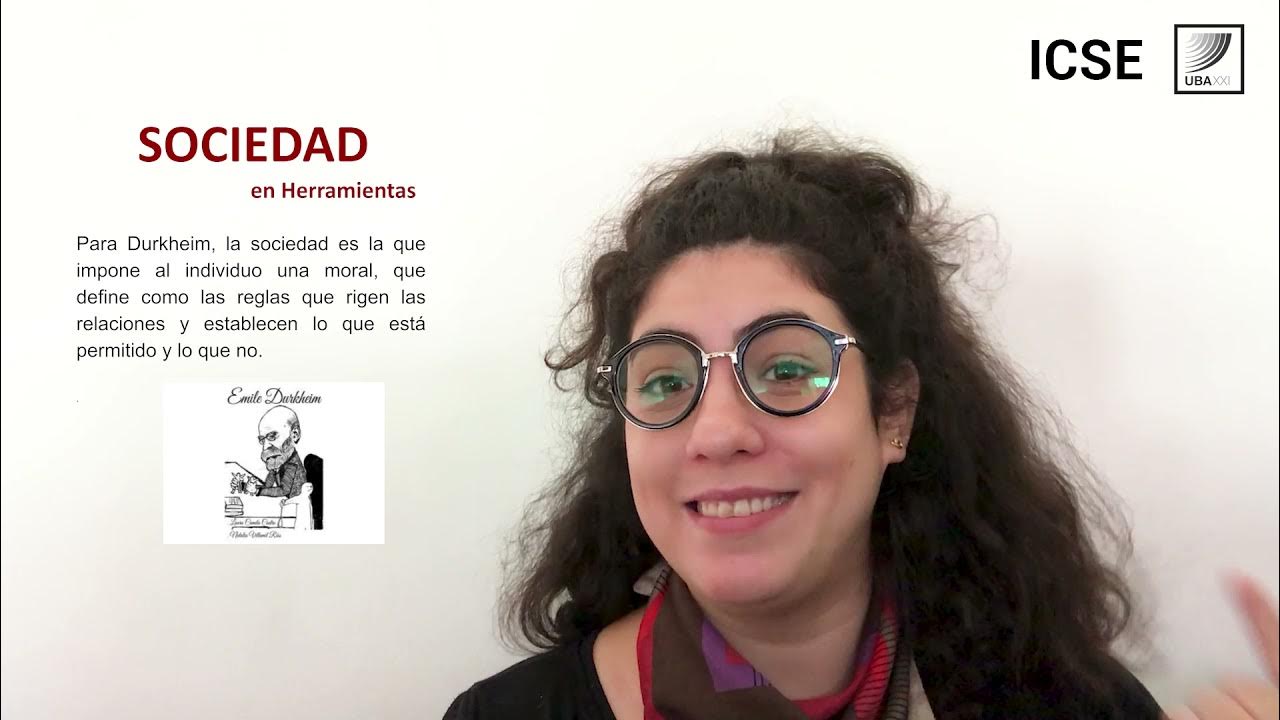Understanding Sociological Perspectives: Functionalism, Conflict Theory, & Symbolic Interactionism
Summary
TLDRThis video provides an overview of major sociological perspectives, exploring how societies function and individuals relate within them. It covers the functionalist perspective, which views society as a system promoting stability; the conflict perspective, based on Karl Marx's ideas about economic inequalities and power struggles; and the symbolic interactionist perspective, emphasizing the subjective meanings individuals attach to their actions. The video highlights how these approaches offer different lenses for understanding social order, conflict, and change, and encourages a comprehensive approach to studying human behavior and societal structures.
Takeaways
- 😀 Sociology is the systematic study of society and human behavior, aiming to understand the structures, systems, and processes that shape social life.
- 😀 The functionalist perspective views society as a complex system where different parts work together to promote stability and solidarity.
- 😀 Functionalism emphasizes social facts, values, and norms that contribute to societal functioning, with institutions like family, education, and religion playing crucial roles.
- 😀 The conflict perspective, based on Karl Marx's work, sees society as composed of competing groups driven by economic inequalities and power struggles.
- 😀 Conflict theory asserts that social order is produced through coercion and power, with social change resulting from conflict, especially between the bourgeoisie and proletariat.
- 😀 Max Weber's symbolic interactionism focuses on the micro-level of social interaction, emphasizing the importance of understanding the subjective meanings individuals attach to their actions.
- 😀 Symbolic interactionism examines how symbols like language and gestures are used to create social reality and highlights individual agency in shaping social structures.
- 😀 Each sociological perspective—functionalism, conflict theory, and symbolic interactionism—offers unique insights into how societies function and how individuals relate within them.
- 😀 Sociological research often integrates different perspectives, merging macro-level analyses of social structures with micro-level examinations of individual behavior and interaction.
- 😀 Understanding these major sociological perspectives is fundamental for studying sociology, as they offer various lenses through which to interpret social stability, conflict, and change.
Q & A
What is the main goal of sociology?
-The main goal of sociology is to systematically study society and human behavior, aiming to understand the structures, systems, and processes that shape social life.
How does the functionalist perspective view society?
-The functionalist perspective views society as a complex system whose parts work together to promote stability and solidarity. It emphasizes the importance of social facts, values, and norms that contribute to the functioning of society.
Who is the key figure associated with the functionalist perspective?
-Emile Durkheim is the key figure associated with the functionalist perspective. His ideas are foundational to this viewpoint.
What do functionalists believe about the role of social institutions?
-Functionalists believe that every aspect of society, including institutions like family, education, and religion, serves a purpose and is essential for maintaining societal stability and coherence.
What is the conflict perspective, and who is its major proponent?
-The conflict perspective, based on the works of Karl Marx, views society as composed of groups with competing interests. It emphasizes the role of economic inequalities and power struggles in shaping social structures and relationships.
What does the conflict perspective highlight about social order and change?
-The conflict perspective highlights the role of coercion and power in producing social order. It asserts that social change is driven by conflicts, particularly between the bourgeoisie and the proletariat, often resulting in significant societal transformations.
How does Max Weber's approach differ from that of Karl Marx in understanding society?
-Max Weber's approach, through the symbolic interactionist perspective, focuses on the micro level of social interaction. It emphasizes understanding the subjective meanings that individuals attach to their actions, unlike Marx's focus on economic inequalities and power struggles.
What do symbolic interactionists study?
-Symbolic interactionists study how people use symbols, such as language and gestures, to create social reality. They focus on individual agency, subjective experience, and the formation of social identities through human interactions.
What is the role of individual agency in the symbolic interactionist perspective?
-In the symbolic interactionist perspective, individual agency plays a crucial role in shaping social reality. It emphasizes that society is constructed through human interpretations and interactions, highlighting the importance of subjective experiences in forming social identities.
How do sociologists integrate different perspectives when conducting research?
-Sociologists often integrate functionalism, conflict theory, and symbolic interactionism to address specific sociological questions. This allows them to merge macro-level analyses of social structures with micro-level examinations of individual behavior and interaction.
Outlines

This section is available to paid users only. Please upgrade to access this part.
Upgrade NowMindmap

This section is available to paid users only. Please upgrade to access this part.
Upgrade NowKeywords

This section is available to paid users only. Please upgrade to access this part.
Upgrade NowHighlights

This section is available to paid users only. Please upgrade to access this part.
Upgrade NowTranscripts

This section is available to paid users only. Please upgrade to access this part.
Upgrade NowBrowse More Related Video

Status, Peran Sosial, Diferensiasi dan Stratifikasi Sosial - IPS Kelas 7 - Sekolah Penggerak

Edward Burnett Tylor - Anthropology, An Introduction to the Study of Man and Civilization (1881)

Metodologi dalam Sosiologi

MATERI KONFLIK SOSIAL, KEKERASAN DAN PERDAMAIAN - Materi Sosiologi Kelas 11 SMA

Toda la Historia de la SOCIOLOGIA

2. ICSE. Sobre el concepto de sociedad
5.0 / 5 (0 votes)